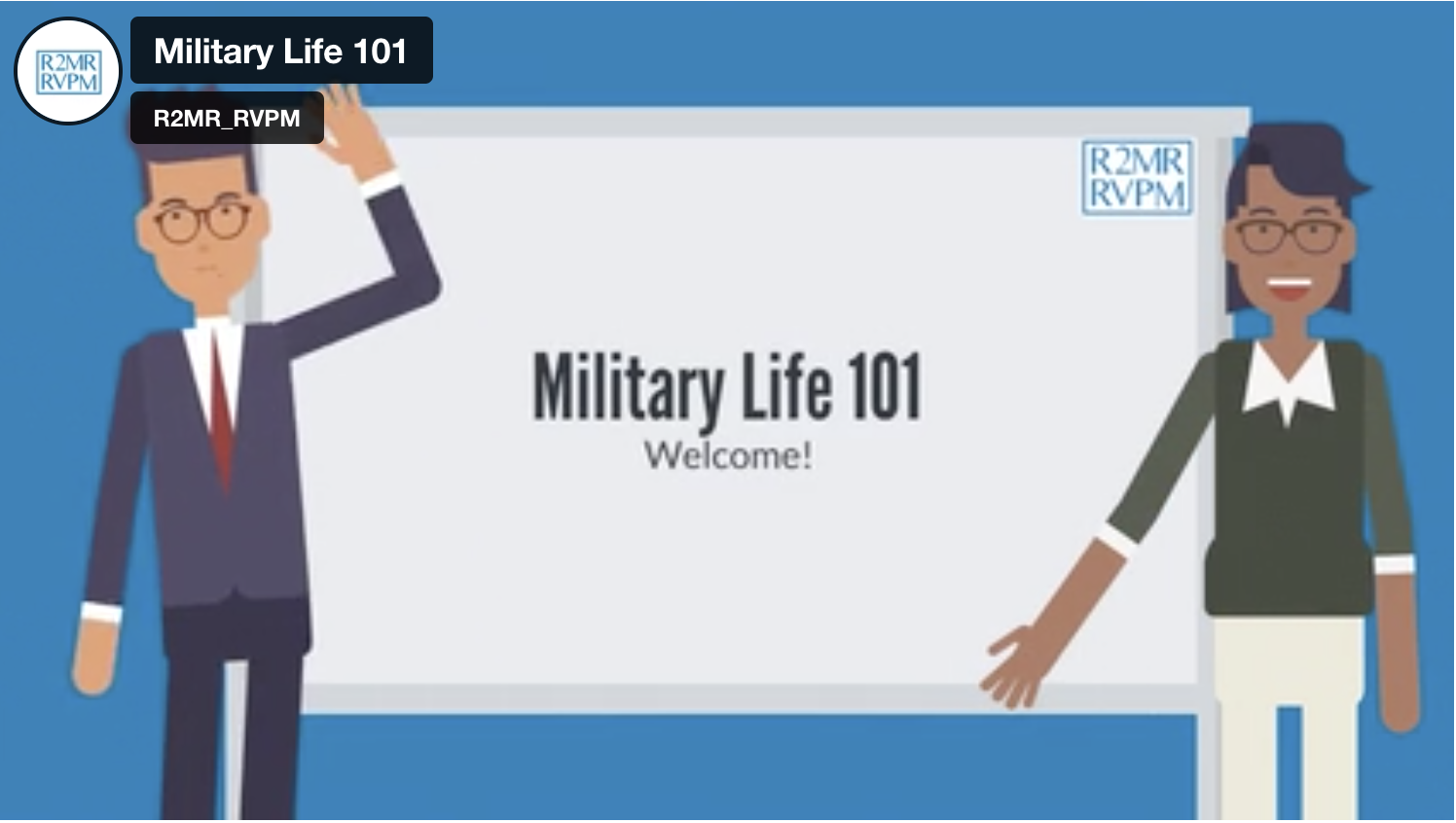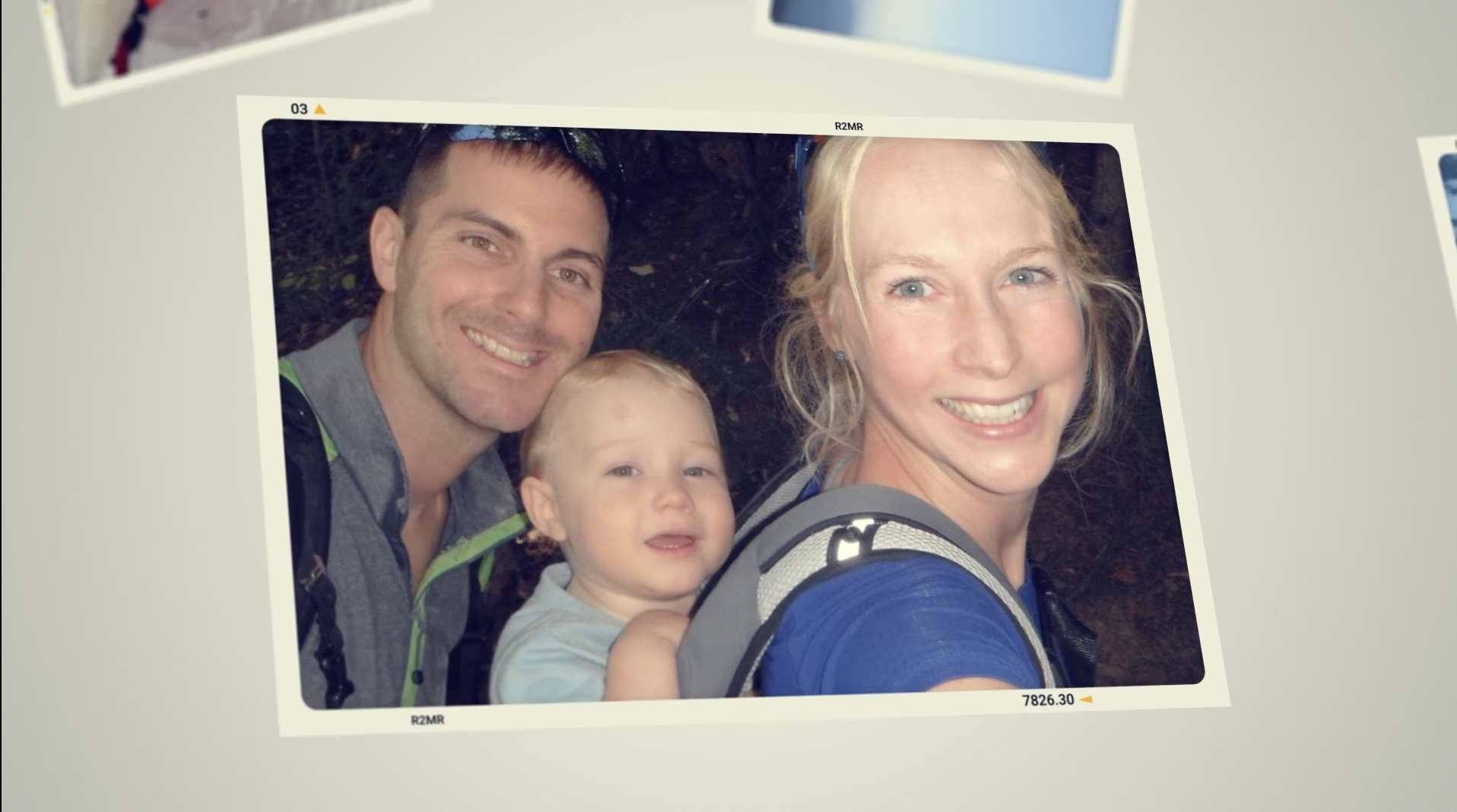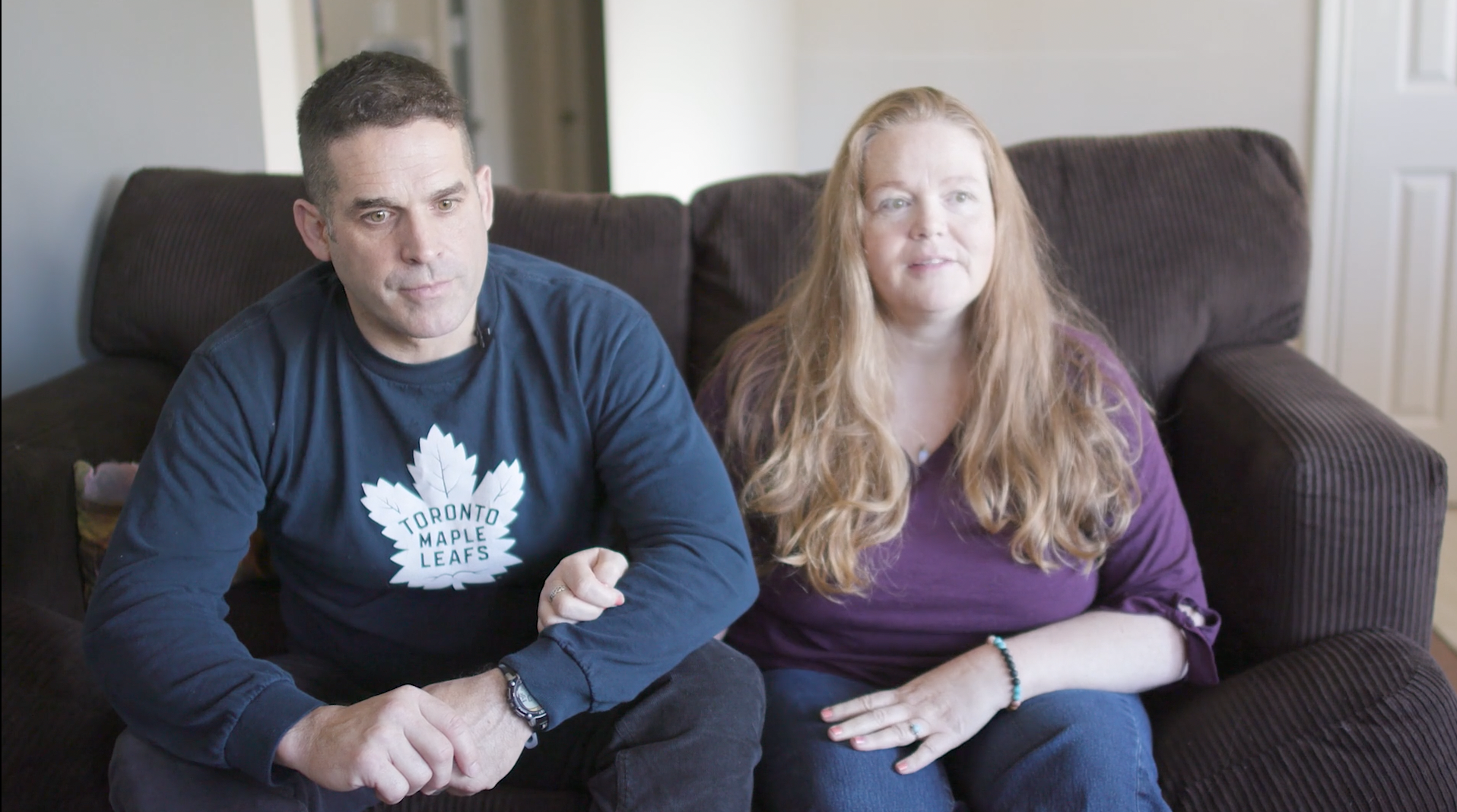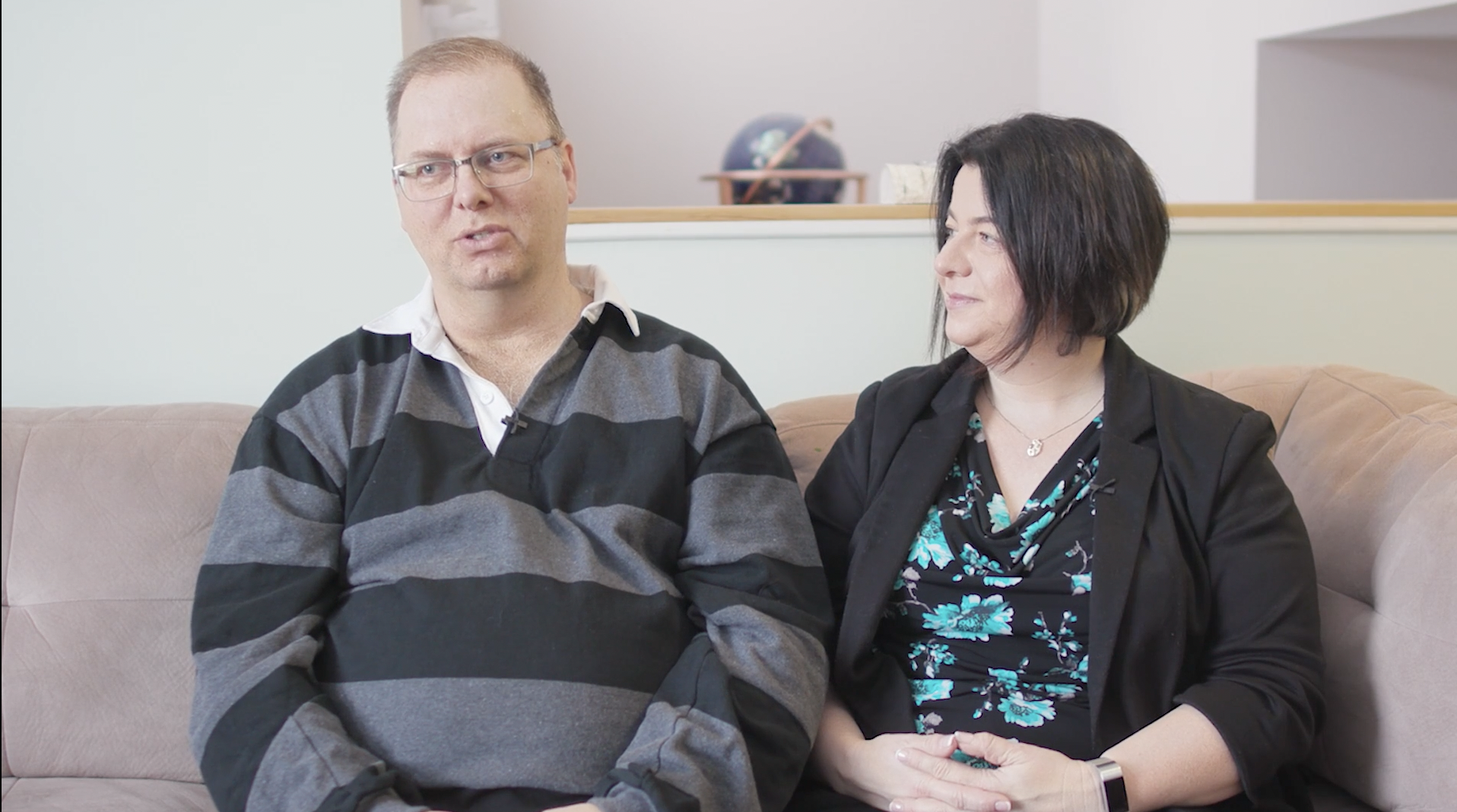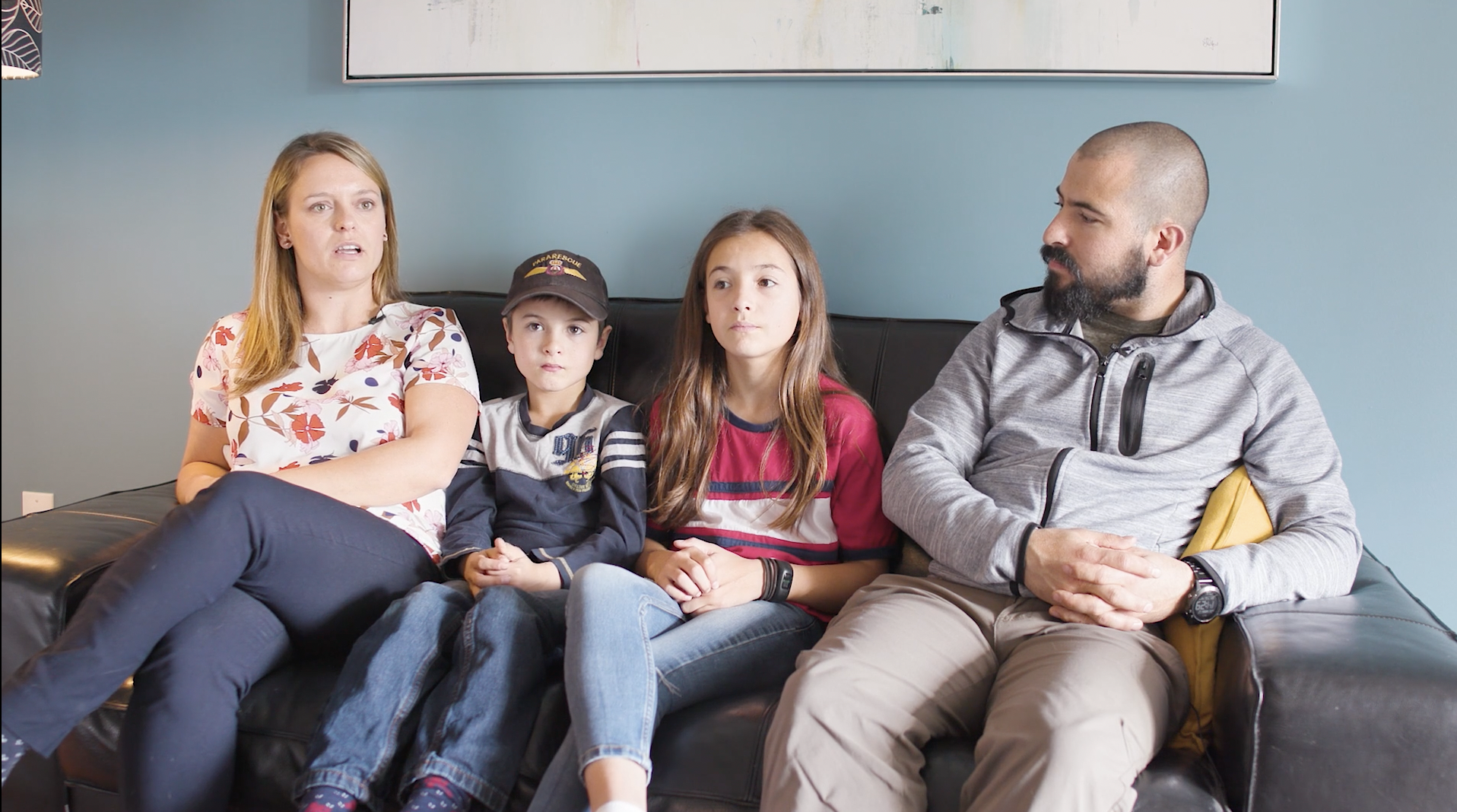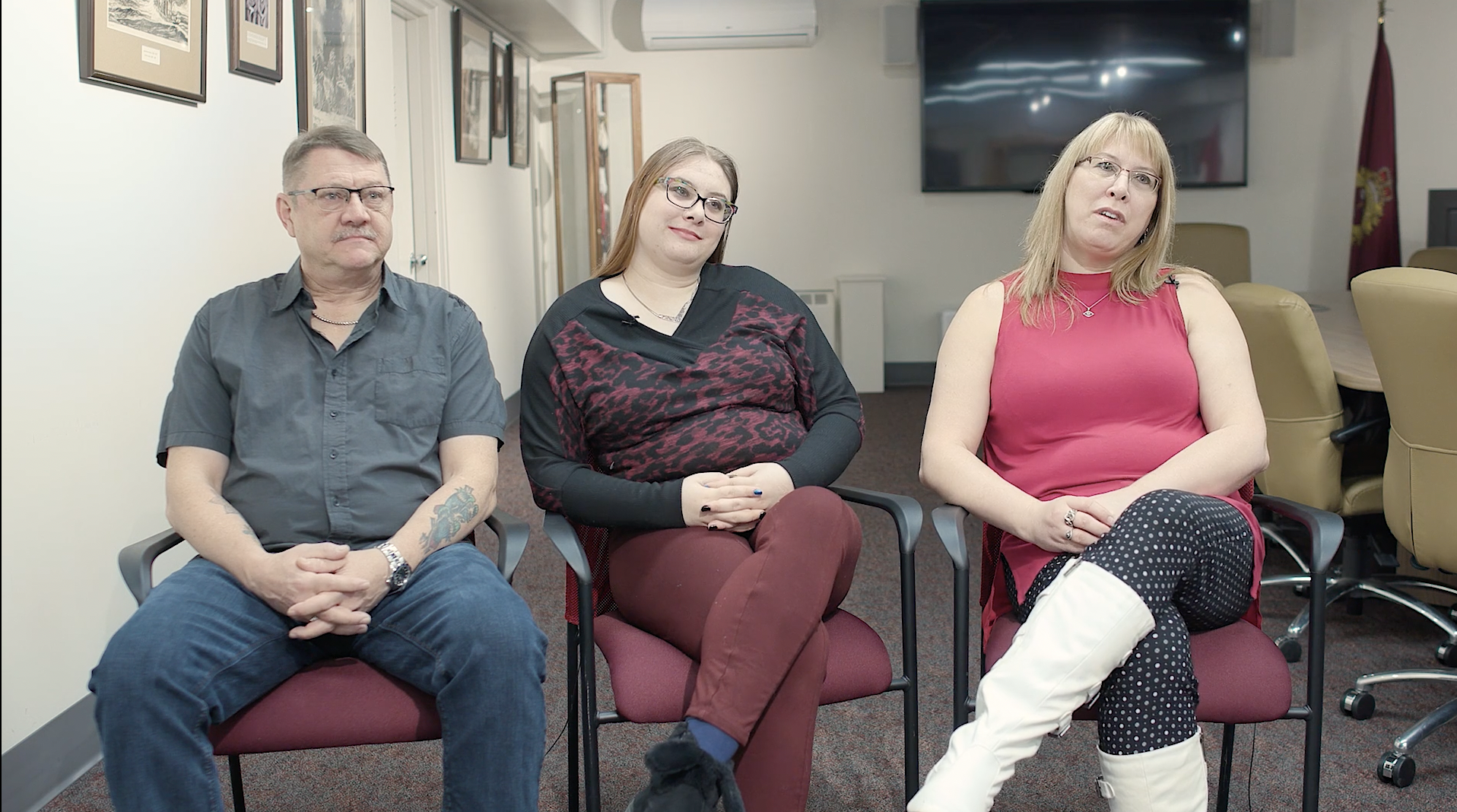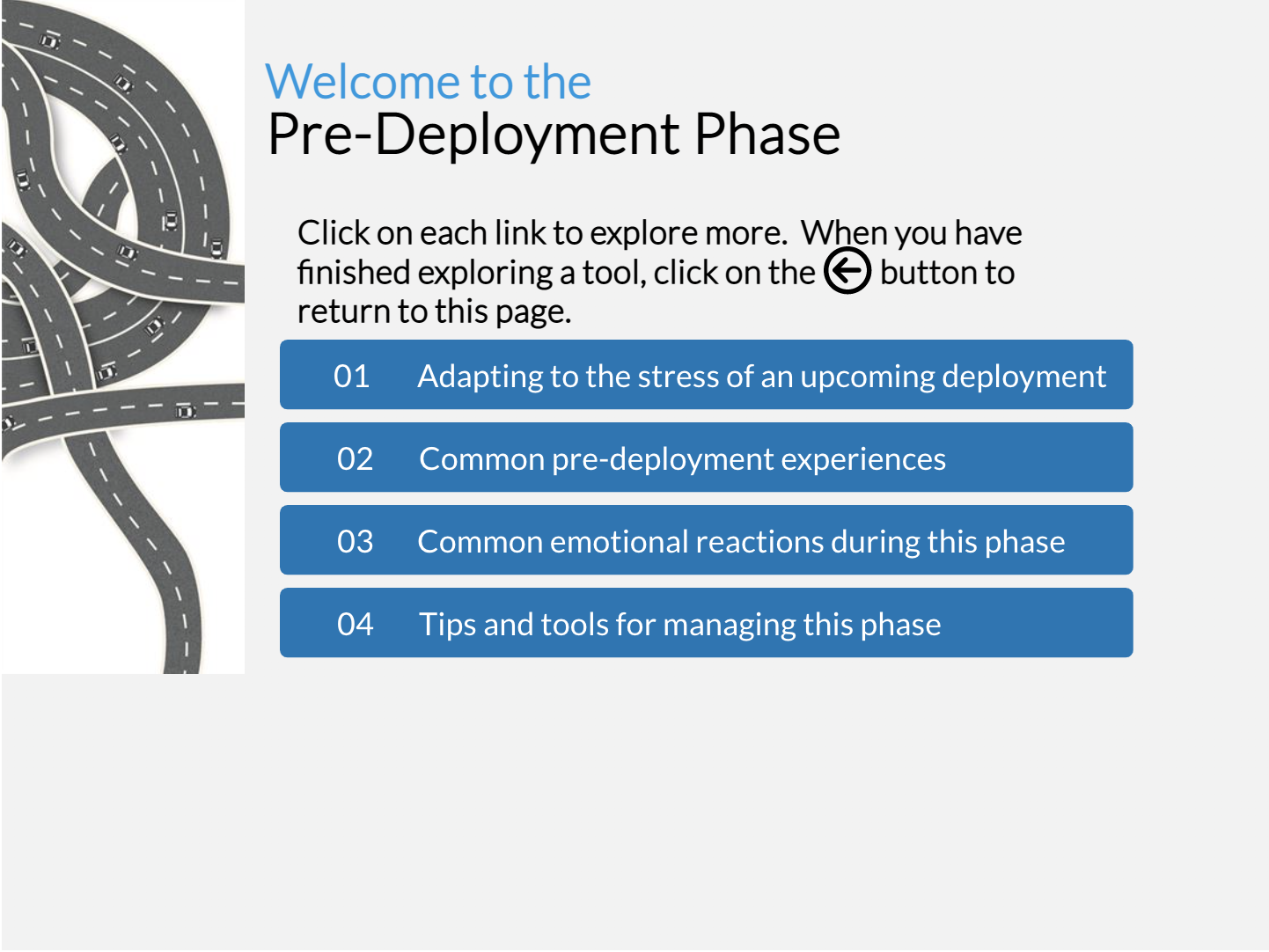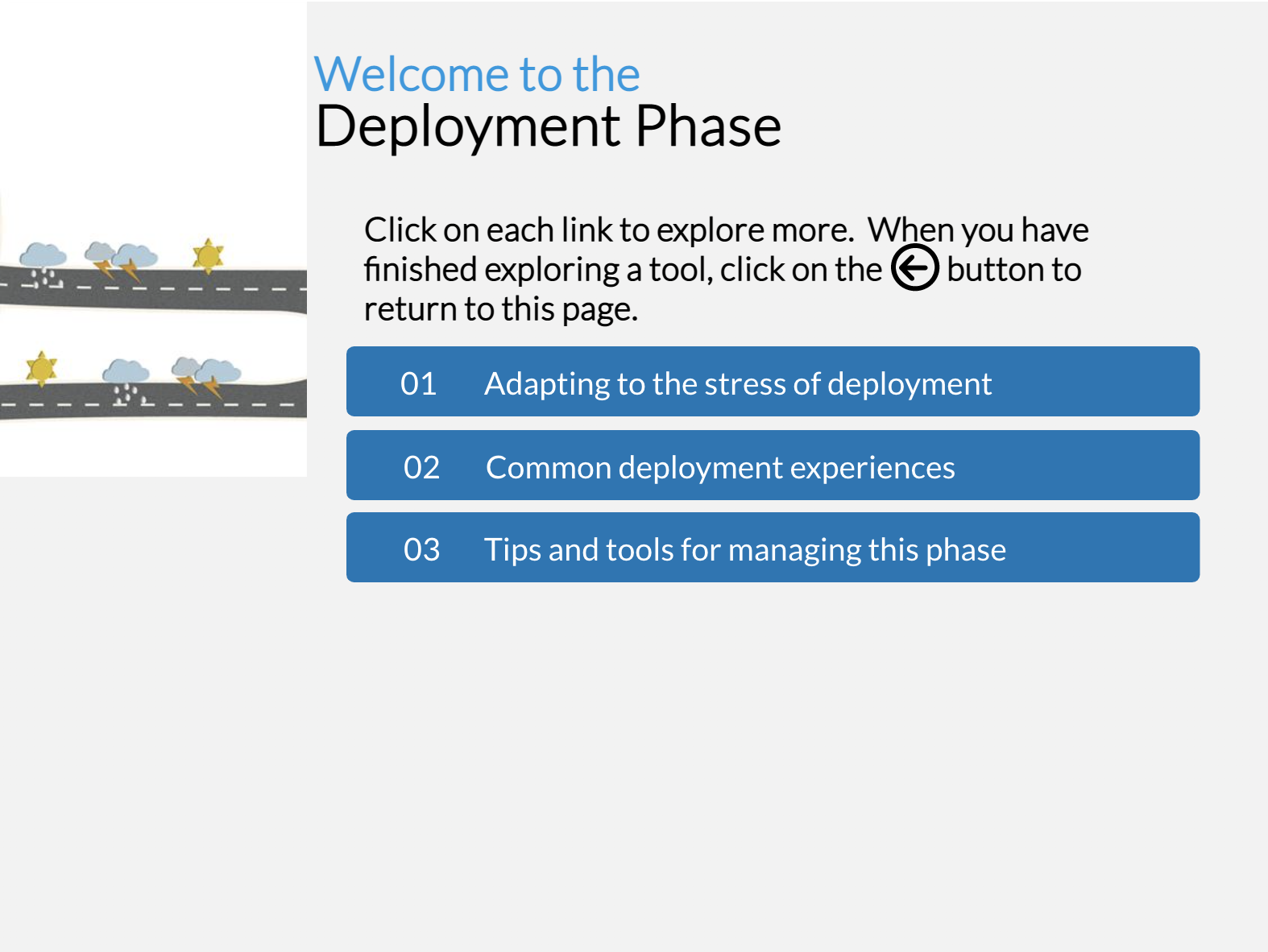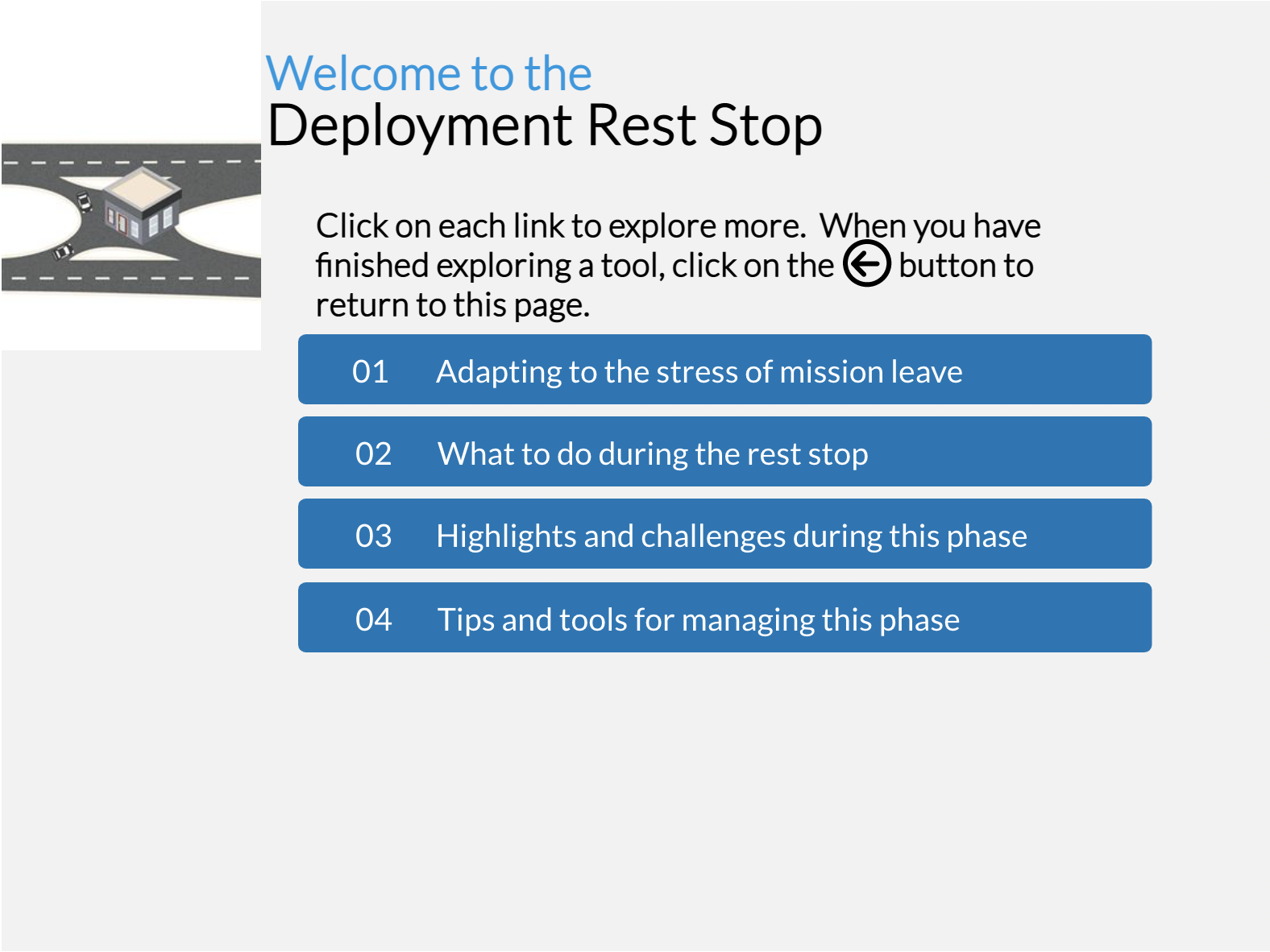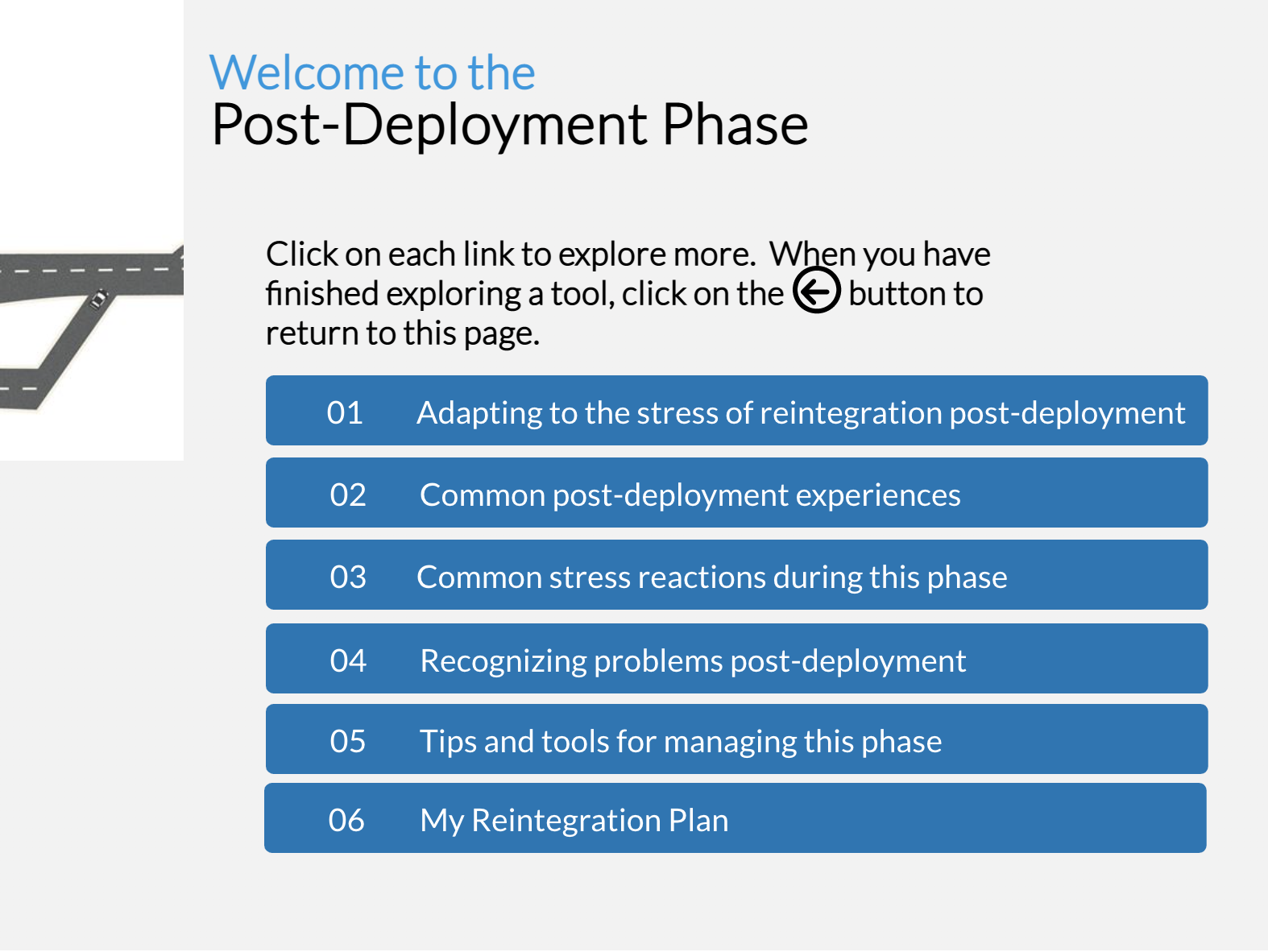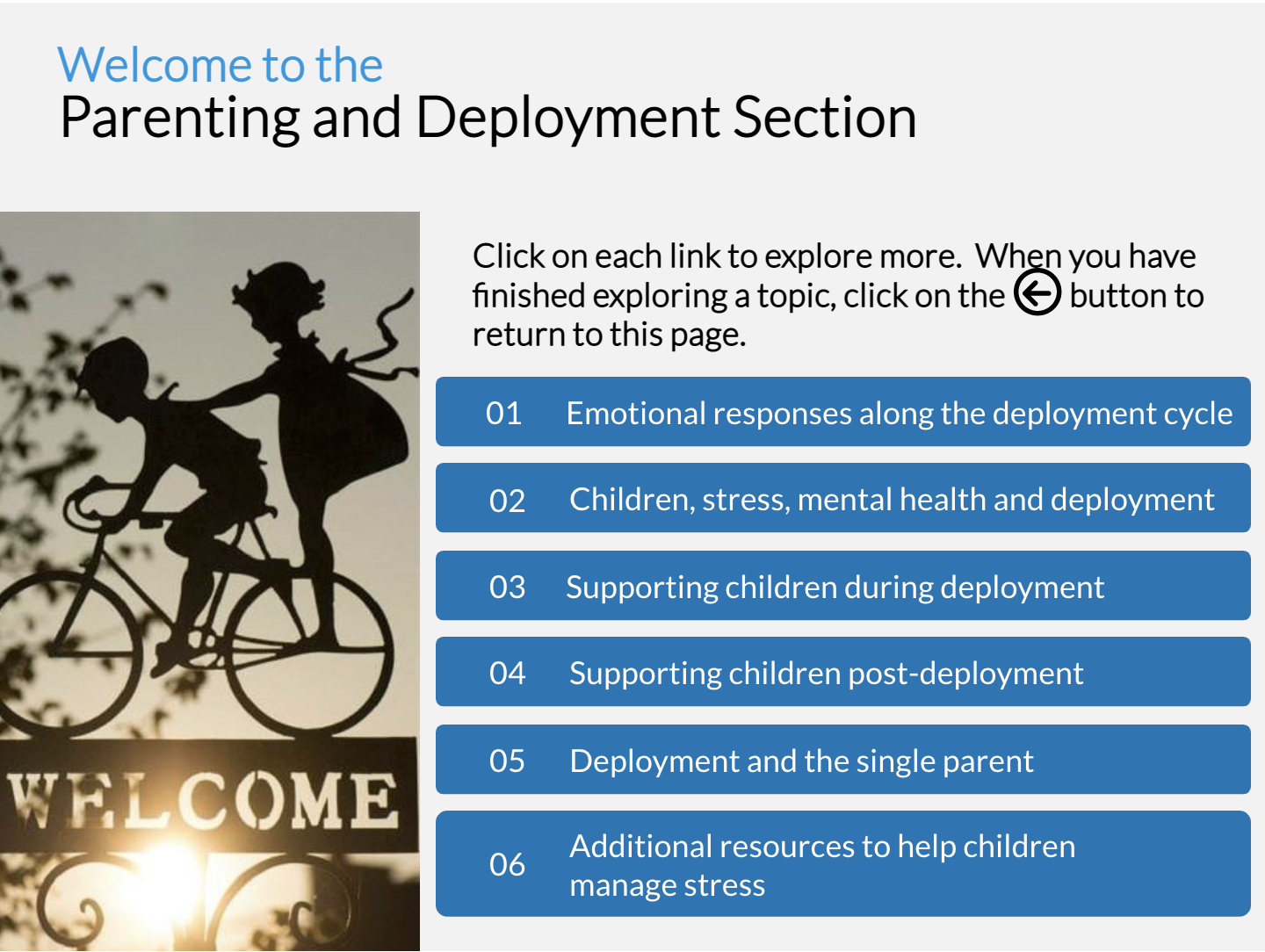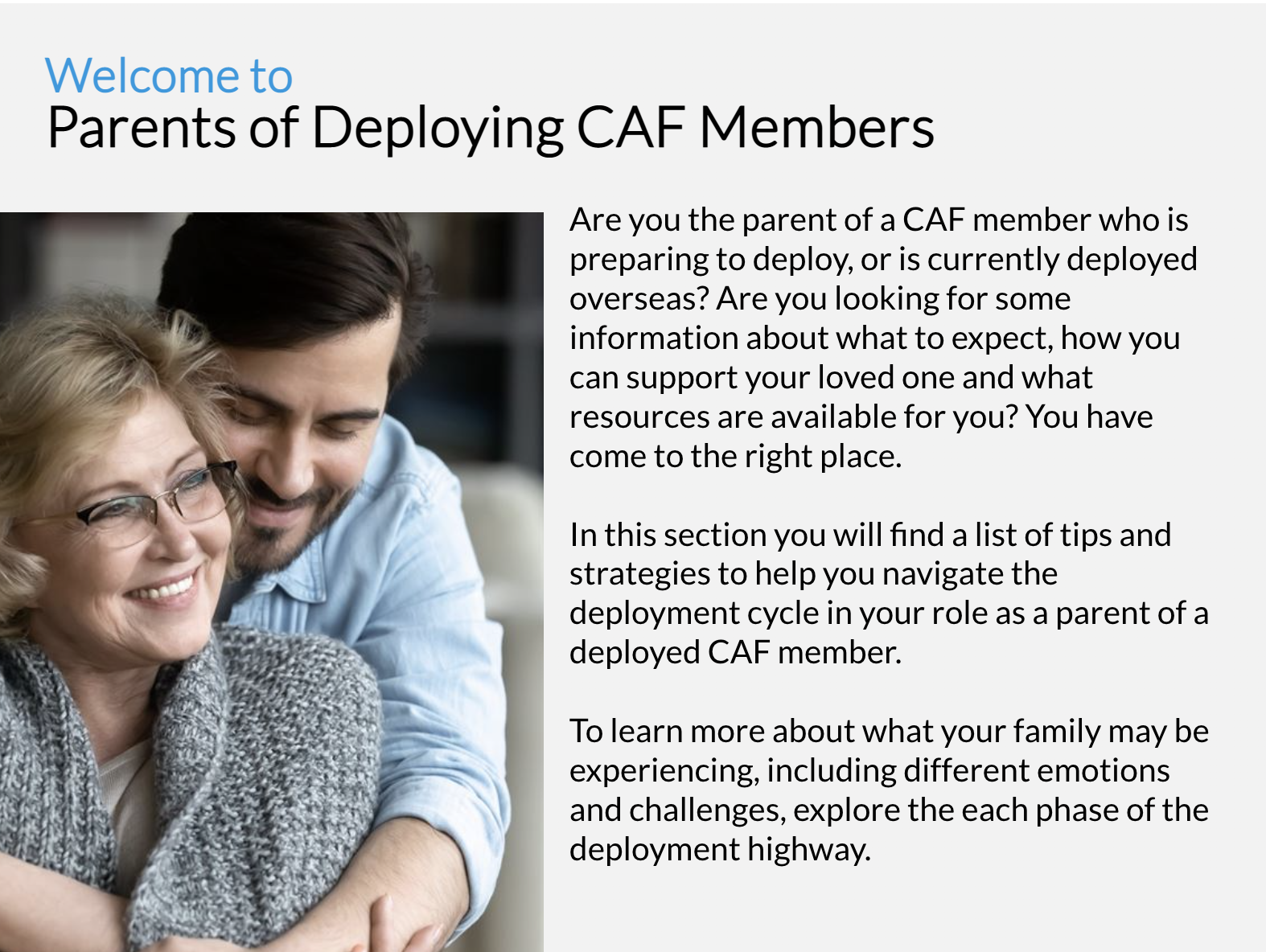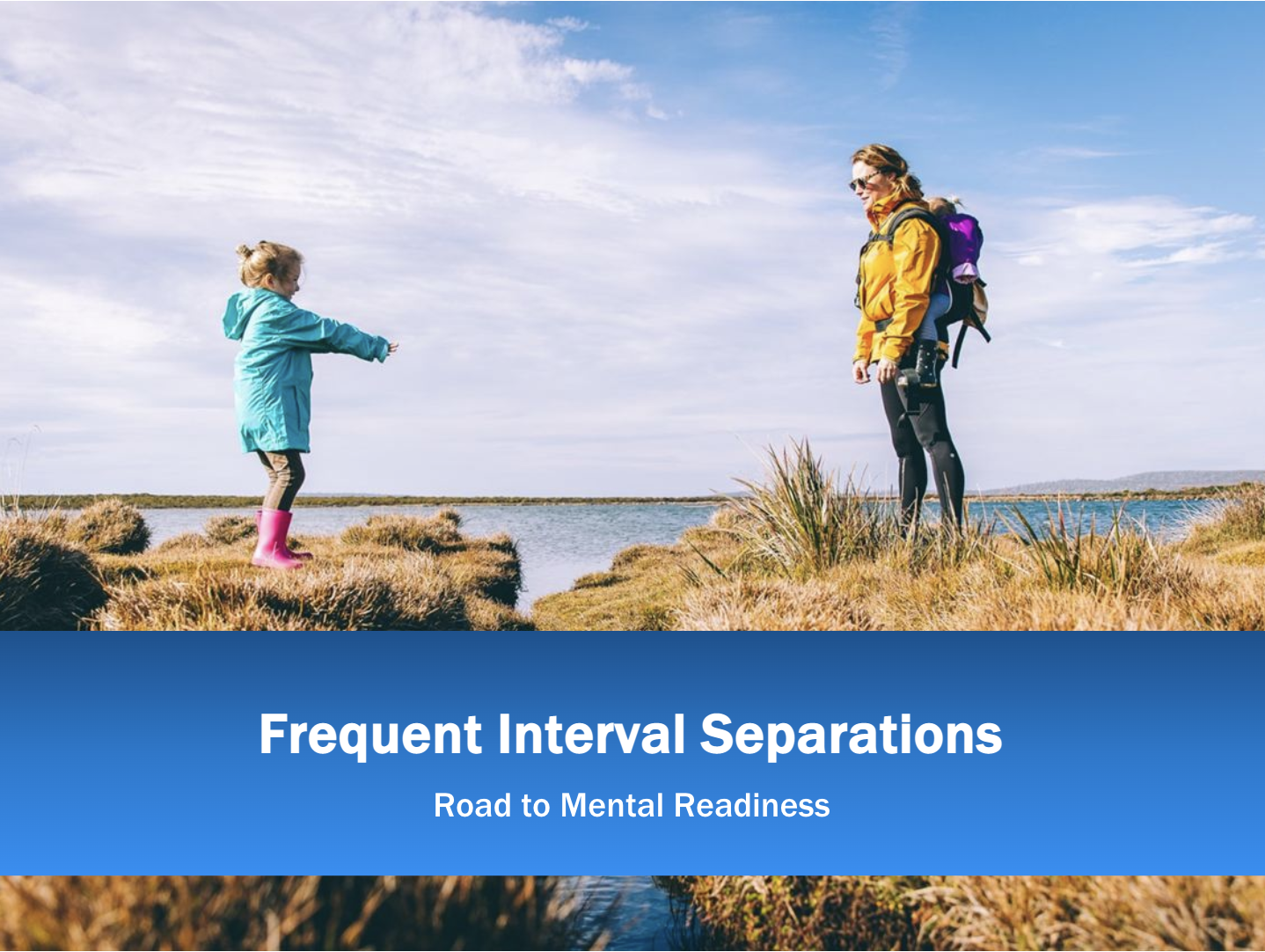What is a family?
The Vanier Institute of the Family defines family as any combination of two or more persons who are bound together over time by ties of mutual consent, birth, adoption or placement and who, together, assume responsibilities for variant combinations of some of the following:
- Physical maintenance and care of group members
- Addition of new members through procreation or adoption
- Socialization of children
- Social control of members
- Production, consumption, distribution of goods and services
- Affective nurturance – love
What is a military family?
First and foremost, a military family is understood to be all Canadian Armed Forces’ personnel, Regular and Reserve Force, and their parents, spouses, children and relatives.
Family members and persons of significance to Canadian Armed Forces personnel who lose their life while serving remain part of the military family community in perpetuity.
What do we know about Canadian Armed Forces military families?
According to the Profile of Military Families in Canada: 2017 Regular Force Demographics *, conducted by Military Family Services:
- There were 66,472 Regular Force personnel with 99,716 additional family dependents (spouses, children and other dependents). In the Reserve Force, there were 47,135 personnel with 38,398 additional family members and dependents.
- Almost half of all Regular Force personnel are single, with just more than half married or in a common-law relationship.
- Almost 40% of all Regular Force personnel posted in Canada live in Ontario with their families.
- Almost half of all Regular Force personnel have dependent children. In total, there are 60,838 dependent children of Regular Force personnel (in Canada and OUTCAN)
Click here for further details and infographics.
Military Life
Is your loved one considering joining the Canadian Armed Forces? Are you new to the military lifestyle? Are you seeking some additional information about how to balance the challenges of military life?
Click on this video for some information about the Canadian Armed Forces and military families, and guidance on where to find tools, strategies and resources that you may find helpful throughout the R2MR for Family Life website.
Please note, CAF connection should be replaced with cmfws.ca
Want to learn more?
Click the links below for some additional information about military life.
National Defence
Canadian Armed Forces website providing information for families whose loved one is interested in joining the military. Topics include Canadian Armed Forces career opportunities, terms of service, paid education, salary and benefits, life on base and social support services. As well, hear directly from military members and their families sharing their own lived experiences.
Canadian Forces Morale and Welfare Services – Military Family Services
A Family Guide to the Military Experience is designed specifically for modern military families who are balancing the challenges of frequent relocations, separation and risk while maintaining the overall health and well-being of their whole family. You can download or print a copy of the document by clicking on the link above.
Services for Military Families
We recognize the important role families have in enabling the operational readiness of the Canadian Armed Forces. Get exclusive discounts and savings, earn rewards, and access personalized financial, fitness and wellness programs exclusive to the military community.
Also available in Spotify
- Military Family Life (Petawawa MFRC)
- Le CRFMV en jase (CRFM Valcartier) – French only
Meet Military Families
Meet ten families who share what being a military family means to them, challenges and rewards they have experienced, and tips for navigating the military lifestyle. Each of these families has different experiences and valuable insights to share. Check out these stories of #realmilitaryfamilies.
You can hear more from these families throughout the R2MR for Family Life website. Check out the e-learnings and videos to hear how these families talk about family resilience, recognizing and responding to changes in the mental health of their loved ones, self-care, and much more.
Managing Deployments
Deployments are a major part of military life. Whether it is the first or the fifth deployment, it is important to acknowledge that there are additional challenges and stressors placed on Defence families during deployments.
The R2MR for Family Life website aims to provide information, tools, and resources to support families with navigating the deployment journey.
It is common and expected for families to experience varying levels of stress throughout the deployment cycle. This is a normal reaction to stress during times of transition. For a closer look at how families adapt to these transitions, explore the Family Adaptation Curve below.
The analogy of a highway can help to explain the various phases of deployments. Click on the deployment highway below for a brief description of each of these phases: pre-deployment, deployment, rest stop, and post-deployment.
Pre-deployment phase
Pre-deployment phase
Estimated time: 10-15 min
Learning objectives
This activity will introduce you to common pre-deployment experiences and emotions, with numerous opportunities to take stock of and reflect on your own experiences.
Please note: the MFRC deployment app is no longer active
Pre-Deployment Checklists can help you keep track of the many personal administration items that you may need to organize and complete.
Deployment phase
Deployment Phase
Rest stop (HLTA)
Rest stop (HLTA)
Post deployment phase
Post deployment
Parenting and deployment
Parenting & Deployment
Estimated time: 10 min
Learning objectives
The activities in this section provide an overview of common responses of children to the deployment of a parent, and ideas to support children through the deployment cycle.
Whether expected or unexpected, short or long, deployments are particularly tough for children. There are, however, opportunities for positive benefits. Military children often take on additional responsibilities in a parent’s absence, opening up the opportunity to develop new skills and hidden interests and abilities. In this changing environment, children tend to learn the importance of flexibility in dealing with everyday life. Deployments prepare children to manage changes which they will inevitably face in their lives. Not only do children learn how to say goodbye, but they also develop coping strategies and learn how relationships persist despite the absence of daily interaction. Since families need to make emotional adjustments during separation, they often discover and utilize new sources of strength.
This section aims to provide information to help CAF members and their families during the deployment cycle in their roles as parents.
Deploying with adult dependants
As parents grow older, adult children/caregivers are faced with changes and concerns that they may not know how to deal with. If your parents are elderly, ill or require full-time care, you may be feeling anxious about the deployment and wondering, “What if something happens while I am away?”
You may need to consider arrangements for someone to check on or care for your aging loved ones. For occasional care-giving assistance, consider supportive services such as home delivered meals, chore maintenance or visitor/companion services. The Deployment Support Group and Military Family Resource Centres may be able to provide guidance on what services may be available in a particular area. If not, the town or city, as well as local community organizations will be able to provide you with information on the services available in that community.
If your loved one needs direct care, contact home health care and/or employment agencies to inquire about professional in-home caregivers who may provide assistance. If your loved one is in a long-term care facility, inform the staff that you will be deploying and ask them to check on your loved one regularly. Keep your adult loved one informed of family and care giving changes and reassure him or her that the situation is temporary.
Your parents may have their own particular anxieties about your deployment, in particular your safety. Elderly parents have experienced war (either indirectly or directly), having lived through or served during armed conflicts. Like you would with your children and partner, talk openly with your parents about your deployment, concerns and anxieties. Include your parents in your welfare arrangements as appropriate (e.g. including them in unit activities, if in the local area, and providing them with ship, unit, Wing, Base, Deployment Support Group and Military Family Resource Centre contact information and details.) Provide them the contact information for Resources that are available to them.
Parents of deploying CAF members
Parents of deploying CAF members
Deployment resources
Here are key resources available to support you and your family throughout the deployment cycle.
Family Information Line (FIL)
1-800-866-4546 (International 00-800-771-17722)
FIL-LIF@cfmws.com
The Family Information (FIL) is a confidential, bilingual and free service offering information, emotional support, referrals, reassurance and crisis management to the military community. The FIL is staffed by a team of trained counsellors. The line is open for calls 365 days a year, 24 hours a day.
Military Family Resource Centres (MFRC)
MFRCs are responsible for connecting military families to a wide range of programs and services. If you are facing a deployment and would like further information about what to expect or how to navigate the deployment cycle, contact your local MFRC for guidance and support.
Canadian Forces Member Assistance Program (CFMAP)
1-800-268-7708 (TDD 1-800-567-5803)
Calling from outside Canada: Dial the International Access code of the country from which you are calling and then 800-268-7708
The CFMAP offers confidential, voluntary, short term counselling to assist military members and their families with resolving many of today’s stresses at home and in the workplace. The CFMAP phone line is toll free and staffed 24 hours a day, 365 days a year by a fully bilingual, trained counsellor. The role of the telephone counsellor is to refer the client to a counsellor in private practice for face-to-face counselling, and if the client is in crisis, to provide counselling over the phone. For further details regarding eligibility and service provision, please refer to the CFMAP website.
To know more about what other mental health resources are available for you and your family, refer to the Resources section of the R2MR Family website for further details.
CFMWS Deployment Support
We know that deployments and work-related absences can be challenging, not only for the person deploying, but for those who are left behind. We are here to help you through all phases of your work-related absence by providing information, resources and linking you to your local MFRC / MFS service provider.
Managing Frequent Separations
Note: To remove your answers or start the activity again, please refresh the web page or exit the learning center.
Managing Relocations
Over the course of their careers, Canadian Armed Forces personnel serve throughout Canada, and in some cases, around the world, resulting in geographical relocations * for many Canadian military families.
On average, personnel spend approximately three to five years in any given location before being moved or posted to a new job. Postings may occur for a number of reasons including promotions, training opportunities, to fill high-priority vacancies or simply to enhance the member’s diversity of skills and breadth of experience. As a matter of routine, military personnel are asked to identify their posting preferences to their Career Manager, however, individual preferences are balanced against the needs of the organization.
Not all postings involve a geographical move. On larger bases/wings/units there are a number of requirements and demands that may see the member posted to a new position while remaining on the same base/wing/unit. Where a geographical move is required, costs are covered by the Canadian Armed Forces and administered through a separate relocation service in accordance with Canadian Armed Forces compensation and benefits policies.
For a detailed overview of the policies and processes of relocating and other pertinent information, please refer to the Canadian Forces Integrated Relocation Program Directive.
What do we know about relocations in the Canadian Armed Forces?
According to the results of the Relocation Experiences Survey * conducted by Military Family Services:
- 1 in 4 Regular Force members relocate to a new base each year, 1 in 5 relocate to a new province
- Most military families respond to geographical relocation with feelings of happiness and excitement; however, a smaller proportion respond with fear, apprehension, anxiety or sadness
- Even for those who respond positively to the news of an upcoming posting, many indicate that the relocation process places additional stressors on their intimate partner relationships
- There are no differences in physical health, mental health or life satisfaction between spouses who had relocated and those who had not
- Children found the anticipation before a move stressful, but their stress quickly diminished after the move.
- Adolescents struggle with relocations more significantly, both academically and socially
- 50% of families felt their financial situation became worse after their last relocation primarily due to the non-military spouse’s employment, mortgage/rent increases and higher cost of living at the new location
- 2/3rds of families who go on Imposed Restrictions to maintain family stability reported experiencing relationship strain during the posting
What is Imposed Restriction?
Imposed Restriction (IR) means an approved delay in moving dependants, household goods and effects for a specific period of time upon being posted to a new place of duty within Canada. Members can apply for Imposed Restriction status through their chain of command by completing a Request for Imposed Restriction Status Memorandum and the Imposed Restriction Status Questionnaire. For more information please consult Military moves and posting.
What is an OUTCAN posting?
The term OUTCAN refers to “Outside Canada,” therefore, an OUTCAN posting would reference any posting or assignment of DND/CAF personnel outside of Canada. There are a variety of opportunities for Defence team members around the world and while these postings offer some unique and exciting challenges for you and your family, there can also be some unique stressors that can accompany such opportunities. For more information please consult Postings and Assignments Outside of Canada.
What is a compassionate posting?
A compassionate status is assigned when a CAF member’s personal circumstances affect their ability to deploy or perform duties. Usually no more than two years in duration, this status may include a compassionate posting.
A compassionate posting involves a move that may accompany a compassionate status assignment when a member’s personal circumstances impact ability to deploy or duty performance.
A contingency cost move for personal reasons is a move that satisfies personal circumstances while not limiting a member’s ability to deploy or perform duties at the new location.
For more information on compassionate posting, compassionate status, and contingency cost moves for personal reasons, refer to the Defence Administrative Orders and Directives 5003-6, Contingency Cost Moves for Personal Reasons, Compassionate Status, and Compassionate Posting.
What is an isolated posting?
Locations where medical resources for both CAF members and their families are limited are referred to as isolated and semi-isolated locations. These locations, designated by the National Joint Council, can present unique challenges and opportunities. You can find more information at Military moves and posting and Chapter 11 – Isolated Post Instructions.
Relocations resources
Family Information Line
This is a confidential, personal, bilingual and free service offering information, support, referrals, reassurance and crisis management to the military community.
1-800-866-4546 (International 00-800-771-17722)
FIL-LIF@cfmws.com
CFMWS Relocation Services
Postings and relocations can be difficult for the entire family. We are here to help you through all phases of your relocation by proving information, resources and linking you to your local MFRC / MFS service provider.
CFMWS Relocation Guide, Tools and Checklists
We can’t make postings easier, but we can provide you with timelines, tools, checklists and resources to help you plan, to reduce the stress or frustration you’re feeling, and to make the move process more manageable for you and your family.
Military Family Resource Centres (MFRC)
MFRCs are responsible for connecting military families to a wide range of programs and services. If you are facing a posting or relocation and would like further information about what to expect or how to navigate your move, you can contact your local MFRC or MFS Service Provider for guidance and support.
Managing the Stress of Relocations
Note: To clear your answers or restart the activity, please refresh the webpage or exit the learning hub.
